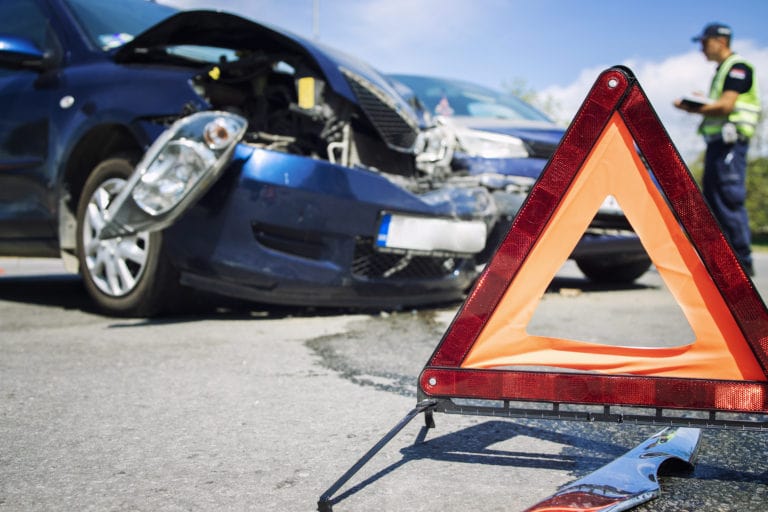Personal Injuries are often unbearable, especially in those instances when it is caused by no fault of ours and it’s hard to find personal injury claim lawyers.
They can be a result of any number of reasons, like a road traffic accident, slip and fall at a workplace or on public premises or on a public highway.
Often people who have been involved in such kind of accidents may consider making a personal injury claim for compensation.
But for making a successful claim, you should be able to prove the fact that the accident was a direct result of somebody else’s negligence.
However, the problem with personal injury claims is that there are strict time limits in order to pursue such claims.
Upon saturation of the time limit, there is little or nothing that can be done in order to take it further.
How long a wait is required after an injury in order to claim compensation?
Although there are strict rules as to time limits for initiation of court proceedings for personal injury claims, there is no amount of time that you have to wait before you start your claim proceedings.
The main advantage of filing a claim immediately after incident occurrence is the fact that it would be easier to locate witnesses (if any) and easier for them to recollect the events in order of their occurrence.
Also if there is any uncertainty regarding the person against whom such claim is to be made, this earlier filing of a claim will give more time to find the right opponent.
When should a personal injury claim be made?
The best time to make a personal injury claim will be as soon as an injury occurs which is through a negligent act of another and there wasn’t any fault involved on the victim’s part.
It should also be understood that any personal injury needs the support of medical evidence.
So when a person suffers any kind of injury, he should immediately get a treatment or visit the nearest hospital for treatment.
This helps in the documentation of injuries suffered and this documentation can always be used as evidence.
Apart from this, if involved in a vehicular accident, police authorities should also be intimated about the said fact along with your insurance company.
One should also gather all available evidence regarding the said accident.
If personal injury claim is raised as a result of a negligent act of the defendant, then reporting of it to the police will help build the strongest case possible against the defendant.
When personal injury claims should not be made?
There are situations when raising a claim for personal injury might not be advisable.
Numerous instances can fall into this category like there not being much evidence available to instances wherein you are not able to prove that you had indeed suffered some injury as a result of such accident.
It is best advised to not raise a claim as that may result in you ending paying up exorbitant legal fees.
There are also chances of the injuries you suffered during the accident being of a temporary nature or that which had healed really quickly.
In such scenario, there is hundred per cent likelihood of your claim being rejected.
On top of this, if the accident was a likely result of your fault (be it negligence or lack of attention on your part), if the case is taken to court then this part is likely to be showcased by the defence’ attorney.
To conclude, it should be remembered that for a personal injury to be beneficial for the claimant, the onus of proof always lies on the claimant that the negligence or the fault was on the part of the defendant.
Once done, this saying that “justice should favor those who have been injured due to the faulty conduct of others” should apply.
This also gives the injured party the right to claim compensation for the pain and loss suffered.

